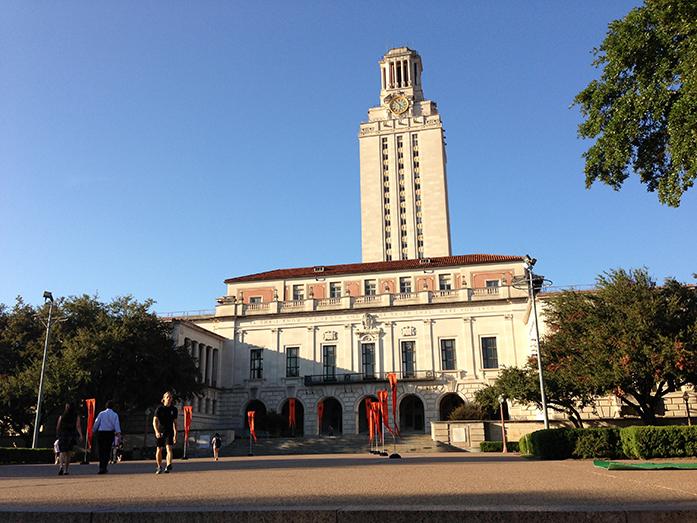In today’s political climate, it often seems that not only can we not agree on how to solve a problem, we can’t even agree on what the problem is. Such is the case with race playing a factor in college admissions.
The Supreme Court is set to take on the issue on Wednesday, when the justices will hear arguments from Abigail Fisher, a white woman who claims she was denied admission to the University of Texas because of its consideration of race in admissions. Sheargues this policy violates the equal-protection clause of the U.S. Constitution.
First, there’s the question of whether these policies should exist in the first place. Several conservative groups, such as the Heritage Foundation, have posited that these policies are tantamount to government-sanctioned discrimination and fail to take into account alternative “race-neutral alternatives” that can achieve the diversity a university seeks. These groups generally argue that race should not play a role in admissions at all.
On the other side, the issue becomes a bit more complicated. One school of thought in favor of race-considerate admissions is that they are necessary in order to offset past injustices in America’s history. The focus with this camp is on reparations, not necessarily diversity in and of itself. On the other hand, some claim that these policies are beneficial to institutions of higher learning in order to foster a diverse group of students with different sets of backgrounds. Instead of a correction for past wrongs, race-considerate policies under this viewpoint are seen as a way to further the mission of education by exposing students to individuals with different life experiences than their own.
Historically, the Supreme Court has been split on this issue. In 1978, the Court held in Regents of the University of California v. Bakke that schools could use racial preferences, in a 5-4 decision, as long as they’re crafted to promote the “educational benefits that flow from an ethnically diverse student body.” A later case clarified the court’s view that these policies should be narrowly tailored and that an applicant’s race should not be the “defining feature of his or her application.”
The Daily Iowan Editorial Board believes this is the type of race-conscious admissions policies that should prevail. While the argument that we need to correct for past wrongs is compelling on the surface, the implications of creating such policies raises more issues than they solve. Which groups would be eligible for such preferential treatment? Would race be considered independent of other factors? At what point in time has the past injustice been corrected?
Iowa’s public universities do not use race as a factor in admissions. The Regent Admission Index uses a formula that calculates students’ scores based on their class rank percentile, ACT score, cumulative GPA, and number of core subject courses completed. Of the UI’s 32,150 students, 16.6 percent are minorities.
Diversity is a fine virtue to strive for, and through scholarships, outreach programs, and various other methods, there are plenty of opportunities to do so. But creating quotas for student admissions based strictly on race is the wrong approach to take, and we hope the Supreme Court upholds this view as it has in the past.



